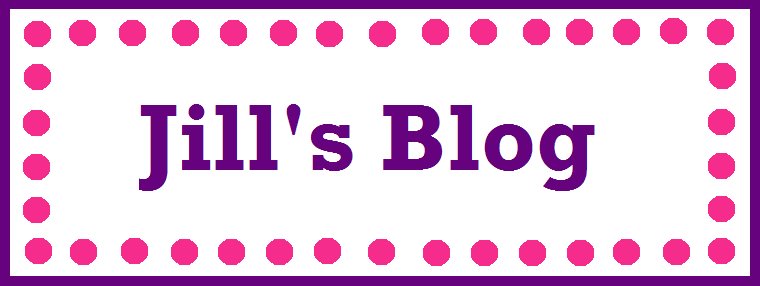It began in England when Henry VIII, who reigned from 1509-1547, named himself the head of the Church of England, independent from the Roman Catholic Church. Many people were unhappy about this, including a group called "Puritans," who sought to reform the Church of England. They believed a church should be under Christ, not any king or queen and also wanted to purify it by adopting simpler modes of worship. One group of Puritans was called Separatists because they believed in separation from the established church.
When King James assumed the throne in 1603, he vowed to make everyone conform to the Church of England or he would drive them out of the land. This was actually the same King James who ordered the Bible translation we now have.
One group of Separatists from the village of Scrooby escaped to Holland after being denied permission to move by King James, so they could worship as they pleased there. Life in Holland as foreigners was difficult, and they worried that their children were assimilating into the culture there. They decided they wanted to go to a place that was relatively uninhabited and try to begin a life there.
About thirty-five of the Scrooby Separatists went on this voyage to the New World, and for financial reasons, they joined forces with some people from England, for a total of around 102 people. Some of those from England wanted to go for religious freedom ("saints") and others for other reasons ("strangers"). The Mayflower Compact was written as an agreed-upon form of government for these groups. The voyage across the ocean on the Mayflower took two months, and they arrived in America in December 1620.
Obviously, this was not the best time of year to begin a life in an uninhabited place, so the first few months were very hard. Nearly half of them died. In the spring of the following year they met up with two English-speaking Indians, Samoset and Squanto, who taught them how to grow corn and catch fish. They also grew barley and pumpkins and killed turkey and deer for food. That fall, they had a great feast to celebrate their survival and give thanks to God.
There were to be more hard times ahead, but these pilgrims persevered and were joined by thousands of others over the next several years. Their governor, William Bradford, documented much of the history that he lived. Among his writings is this quote: "Thus out of small beginnings greater things have been produced by his hand that made all things of nothing, and gives being to all things that are, and as one small candle may light a thousand, so the light here kindled hath shone unto many, yea in some sort to our whole nation; let the glorious name of Jehovah have all the praise."
 In 1863 President Abraham Lincoln proclaimed that the last Thursday in November (later changed to the fourth Thursday) should be set aside as "a day of thanksgiving and praise to our beneficent Father who dwelleth in the heavens." While we are eating our turkey and dressing this year, let us remember the courage of those who came here for the sake of their faith and thank God for the many blessings He has bestowed upon us.
In 1863 President Abraham Lincoln proclaimed that the last Thursday in November (later changed to the fourth Thursday) should be set aside as "a day of thanksgiving and praise to our beneficent Father who dwelleth in the heavens." While we are eating our turkey and dressing this year, let us remember the courage of those who came here for the sake of their faith and thank God for the many blessings He has bestowed upon us.



1 comment:
I always know that I can come to your blog and then leave it a bit more educated in some sort or fashion Jill! I'm beginning to have a new love for history as I teach Emma.
Post a Comment